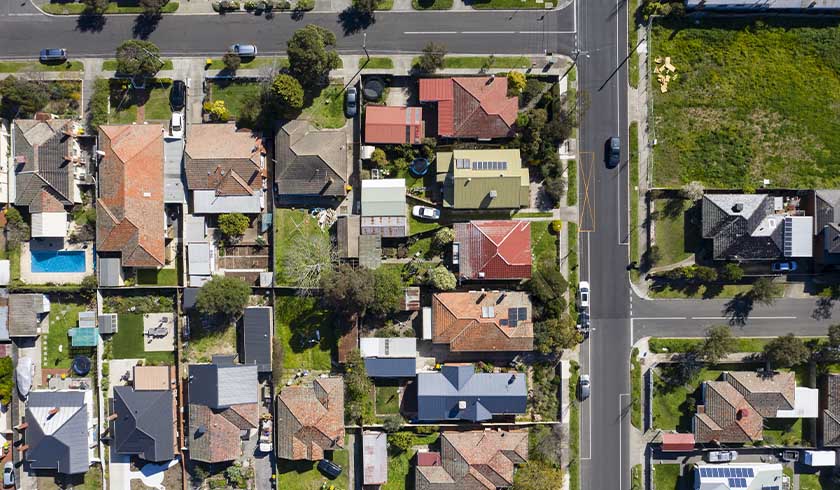REIV calls for ‘fundamental restructuring’ of property tax

This policy position is in response to the Victorian Government’s 2021 Budget initiative of increases to land tax and stamp duty, along with a new tax on property investment and development.
REIV President Leah Calnan described the budget initiative as “worsening housing affordability, hurting self-funded retirees and seeing mum and dad investors flee the sector for other investment choices”.
However, she has argued that a more comprehensive solution is needed to address these issues than simply removing tax hikes.
“While it’s encouraging to see some elected representatives taking a more sensible approach to stamp duty, a fundamental restructuring of Victoria’s property tax regime needs to be at the top of any political agenda.
“Unless there’s a significant shift in the thinking and action on property tax, Victoria will become a less desirable place to invest, ultimately harming jobs and the economy.
“The Victorian Government has for too long burdened Victorians with increases to property tax, to the point where today property accounts for more than 40 per cent of government revenue,” according to the president.
REIV CEO Gil King encouraged regulators and policy makers to engage in an informed discussion on taxation in order to make the best decisions for the property sector moving forward.
“It’s clear to the thousands of people working in residential and commercial property in Victoria that regulators and policy makers would benefit from an increased understanding of the sector and its contribution to the state, both economically and socially.
“We look forward to working with all layers of government and sides of politics to help ensure a thriving industry that serves the long-term interests of Victorian families, businesses and the broader economy,” he said.
REIV has previously criticised the proposed tax changes, calling it an “assault to property owners” and “a sucker punch to the industry” that could ultimately negate the economic recovery that Victoria is just starting to enjoy post-pandemic.
Property Council’s Victorian executive Danni Hunter has also expressed concerns, saying that tax hikes “will make it more expensive to buy a home, harder to rightsize your home, and less attractive to deliver the new housing we so badly need if house prices are going to remain affordable in Victoria.”
“Victoria’s competitive advantage will be lost to other cities where governments are rolling out the red carpet to welcome new investment because they know it is good for jobs.
Instead, Victoria is hiking up lazy, inefficient taxes when what we need is certainty and more investment in our great state,” Ms Hunter concluded.
